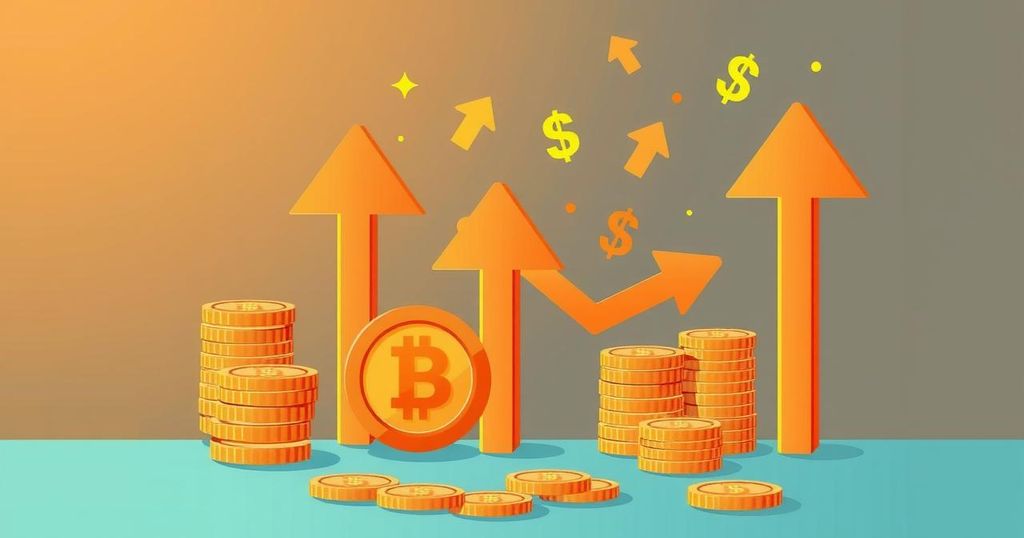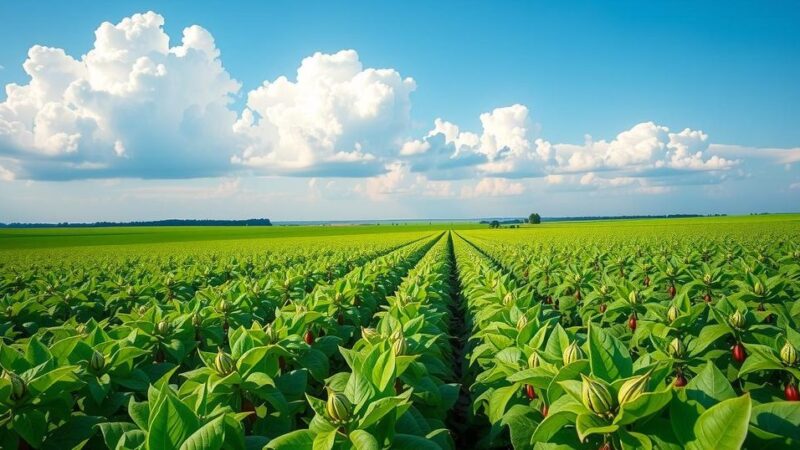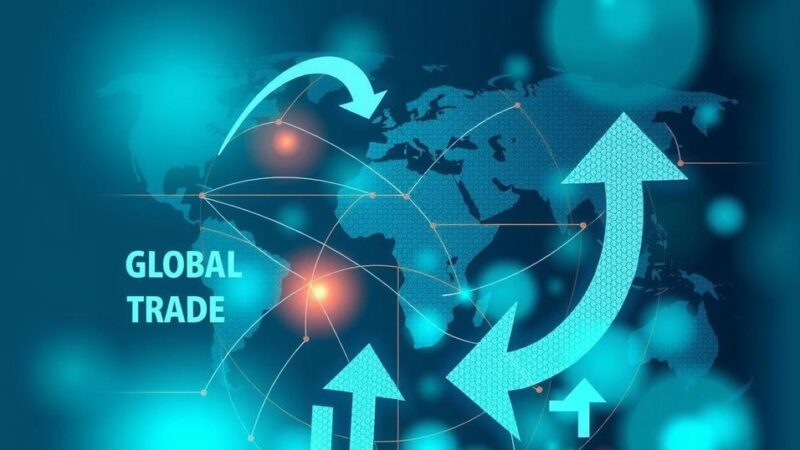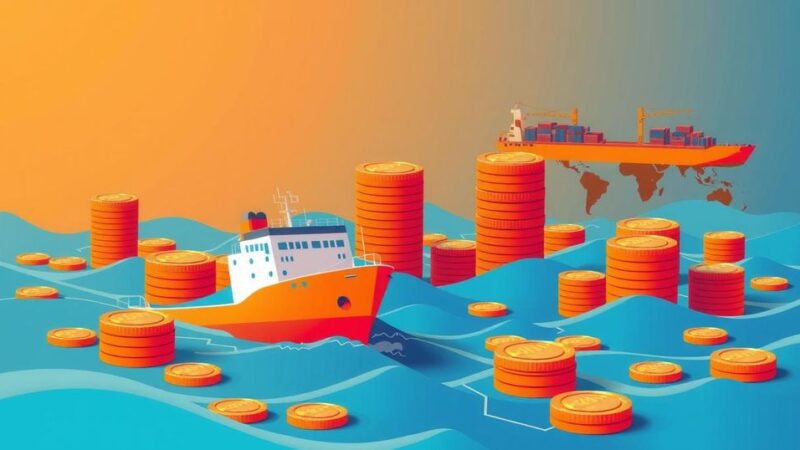Brazil’s annual inflation reached 5.06% in February, surpassing the central bank’s target of 3%. This rise, driven by higher costs in housing and education, has led to an expected interest rate hike at the upcoming central bank meeting. The government is responding by reducing food import taxes to address rising consumer prices, impacting President Lula’s popularity.
In February, Brazil’s annual inflation rate surpassed 5% for the first time in over a year, standing at 5.06%, as reported by statistics agency IBGE. This figure indicates a rise from the previous month’s 4.56%, albeit closely aligning with the expected 5.05% based on a Reuters poll. This marks the highest level of annual inflation observed since September 2023.
The central bank of Brazil maintains an inflation target of 3%, with a permissible fluctuation of 1.5 percentage points. In response, the bank has been actively raising interest rates since September, with a projected increase of another 100 basis points anticipated at the upcoming policy meeting on March 18-19, potentially elevating the Selic rate to a peak of 14.25%.
William Jackson from Capital Economics stated, “Our base case is that next week’s meeting will see the final hike in the tightening cycle, but the likelihood of one or two smaller hikes after that is rising.” In addition, consumer prices rose 1.31% in February month-on-month, marking the highest monthly increase since early 2022 and the highest for February since 2003, as observed by IBGE.
This monthly inflation spike was primarily attributed to rising housing and education costs, alongside a rebound in electricity prices. Previously low electricity costs were influenced by one-time credits on energy bills in January, which were not available in February. Furthermore, increases in food and transport prices contributed significantly to the overall inflation index, impacting President Luiz Inacio Lula da Silva’s popularity.
In light of these pressures, the government recently reduced food import taxes, which indicates its commitment to addressing inflation. Andres Abadia of Pantheon Macroeconomics commented that weaknesses in domestic demand and tight financial conditions are projected to limit inflation rise, but highlights ongoing challenges as reflected in the PMIs for the first half of the year.
In summary, Brazil is facing rising inflation, with the annual rate exceeding 5% for the first time in over a year, prompting anticipated aggressive monetary policy adjustments by the central bank. Increased costs in housing, education, food, and transport are significant contributing factors. As the government seeks to address these economic pressures, the situation poses challenges to President Lula’s administration and the broader Brazilian economy.
Original Source: www.tradingview.com






